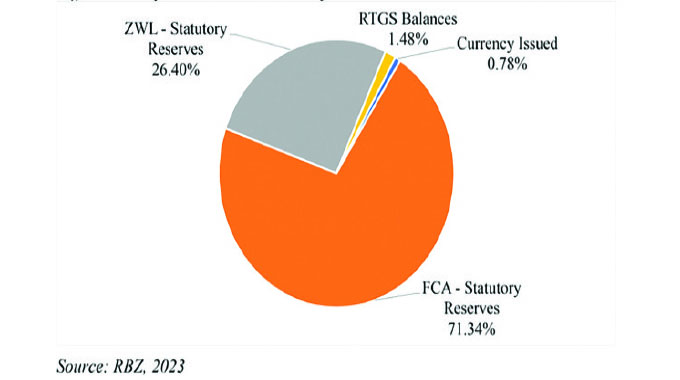Mat-South targets 13 800t winter wheat harvest

Sukulwenkosi Dube-Matutu
Bulawayo Bureau
MATABELELAND South Province expects a harvest of about 13 850 tonnes from this year’s winter wheat crop.
Acting provincial agricultural officer, Mr Mkhunjulelwa Ndlovu, said the province planted a total 1 700 hectares under the command wheat agriculture programme and 500 hectares under self financing. Harvesting is set for October. “Under the winter wheat crop we had projected to plant 2 000 hectares under both command and non command. We managed to plant 1 750 hectares under command and 500 non command,” he said.
“So, we managed to reach our target there. Under non command we had targeted 300 hectares but we only planted 50. Our major set back is non functioning of some irrigation schemes.
“If all goes well for the area planted under command we expect each hectare to produce up to 12 tonnes because farmers got enough inputs and the variety they got is good. But we are saying areas differ so we are giving our farmers a minimum of seven tonnes and maximum of 10 tonnes per hectare this season but for estates like Arda Estate we are hoping they can go up to 12 tonnes per hectare,” he said.
Mr Ndlovu said the province had adequate water reserves and efficient power supply to support winter wheat.
“We also used a higher seed rate as we wanted to maximise out yield. Under non command farmers used a lot of retained seed and therefore we expect an average of five tonnes per hectare, which will give us a projected 250 tonnes,” he said.
Mr Ndlovu said districts that had winter wheat crop include Beitbridge, Matobo, Mangwe and Insiza. He said Arda Maphisa had about 600 hectares while Arda Ingwizi had 574.
Meanwhile Mr Ndlovu said horticulture farmers in most areas were affected by frost, which destroyed tomatoes that were almost ready for harvesting. However, vegetables such as spinach, chomolia, rape, cabbage and onions were doing well.
Mr Ndlovu said due to the prevailing Covid-19 pandemic farmers had been urged to plant a lot of spinach as it is rich in iron.
“We really appreciate efforts by other development partners who are into solar powered gardens and we are hoping by December production would have increased because one hectare under vegetable production is a lot.
“Seeing that electricity isn’t a challenge at the moment we now have a challenge to go back to the drawing board to see that all the irrigation projects that are non functional are working for the summer crop. At the moment the area under crop is very low when looking at irrigation schemes we have and their potential. A majority of irrigation schemes are not functional while some only have a small portion being planted,” he said.








Comments